Read our blog to learn about the how, why, and who of Crowther Lab.
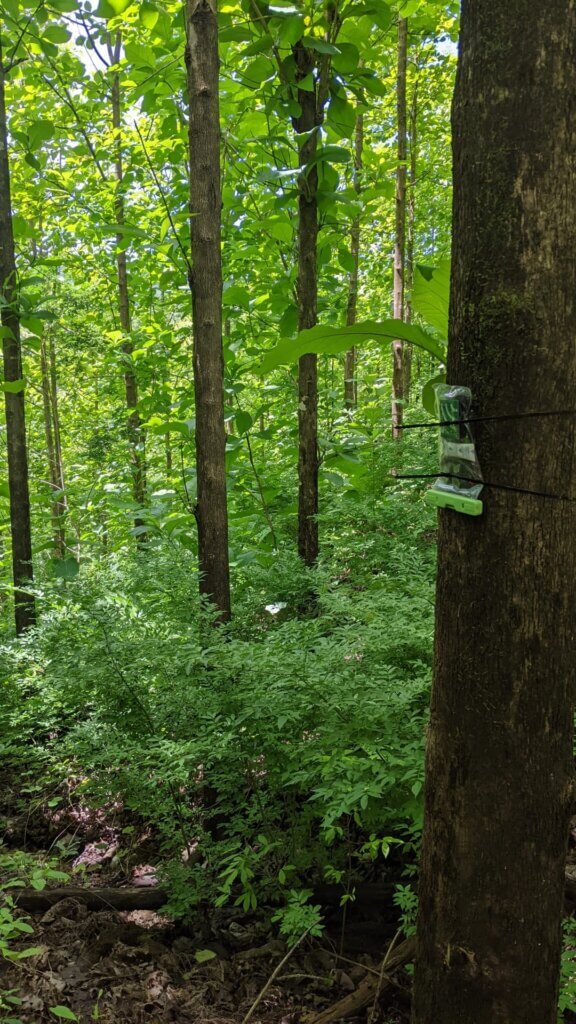
Costa Rica leading the movement for environmental transparency
At COP27, Costa Rica sends a message to the world, we can’t achieve the Paris Agreement without nature. To accelerate investment in Nature-based Solutions, it is essential to bring transparency to�...
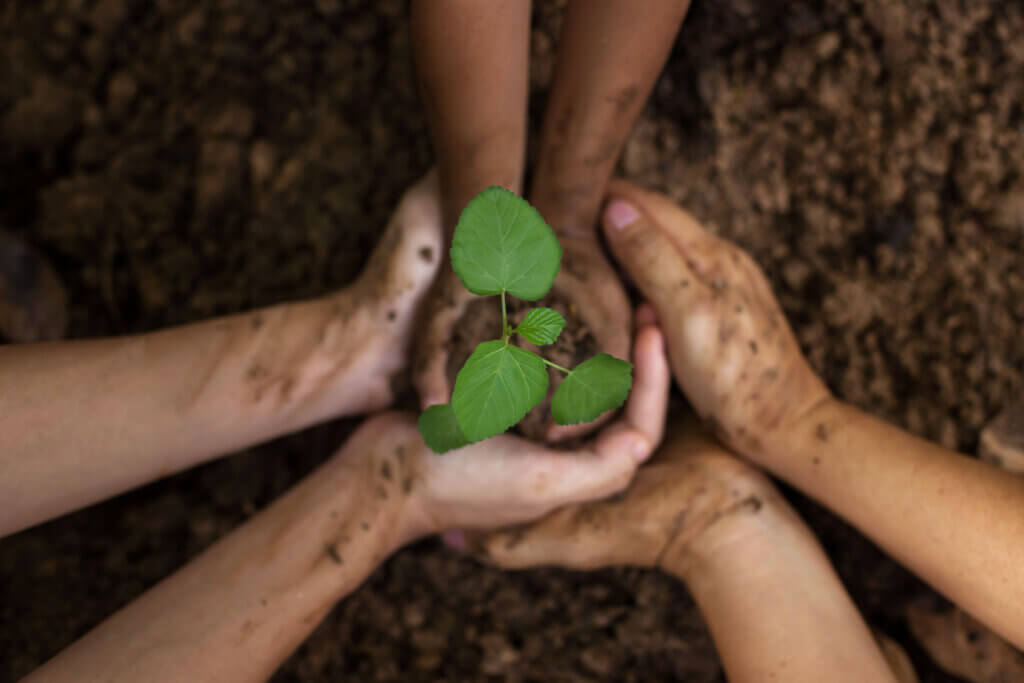
Integrating indigenous experience into ecology
Humans and nature need each other to be healthy Earlier this year, IPBES (an Intergovernmental body focused on the science-policy interface for biodiversity) released a groundbreaking report on nature...
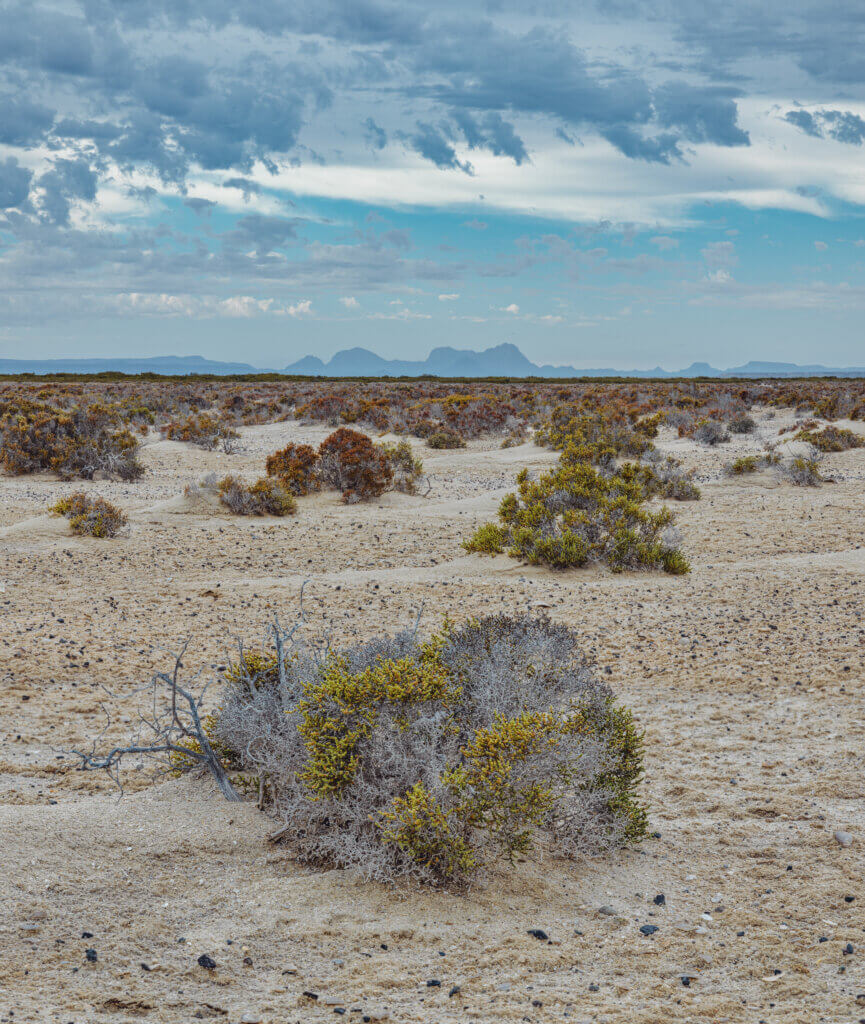
Prevalence and drivers of abrupt vegetation shifts in global drylands
Protecting these vulnerable ecosystems requires understanding how humans impact their resilience Drylands are home to 2.1 billion people, and harbor some of the world’s rarest biodiversity. Globally...
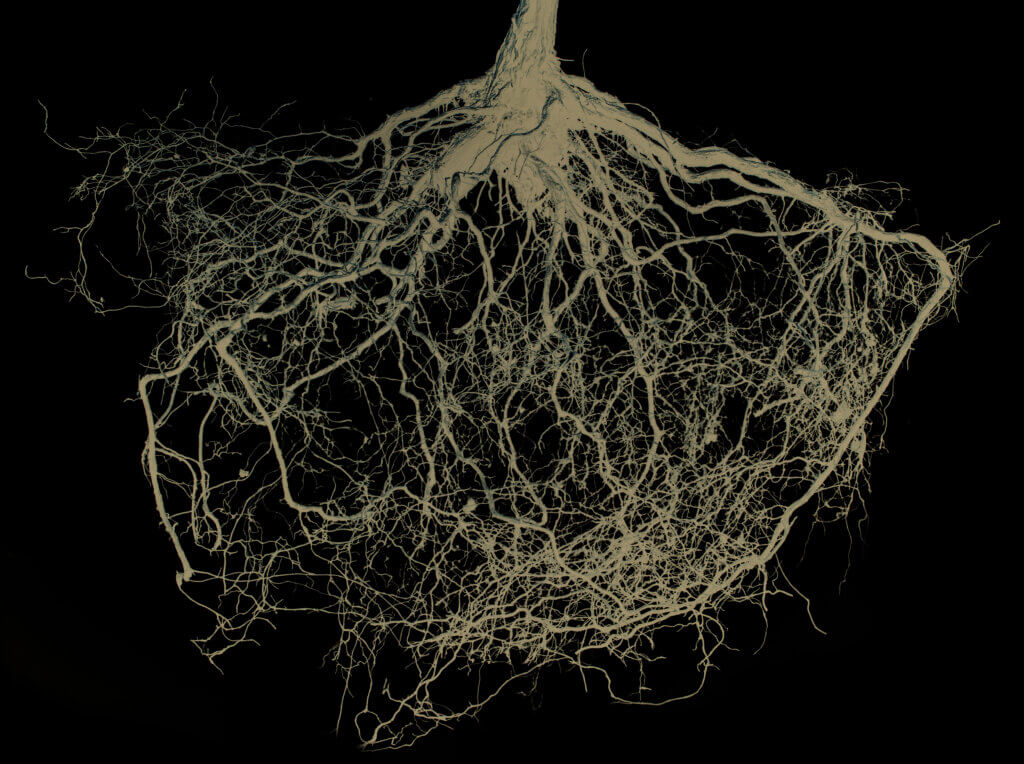
Defending Earth’s terrestrial microbiome
New research shows that native soil microbiome restoration can accelerate plant biomass production by 64% on average, across ecosystems. This study reveals that working with healthy microbial communit...
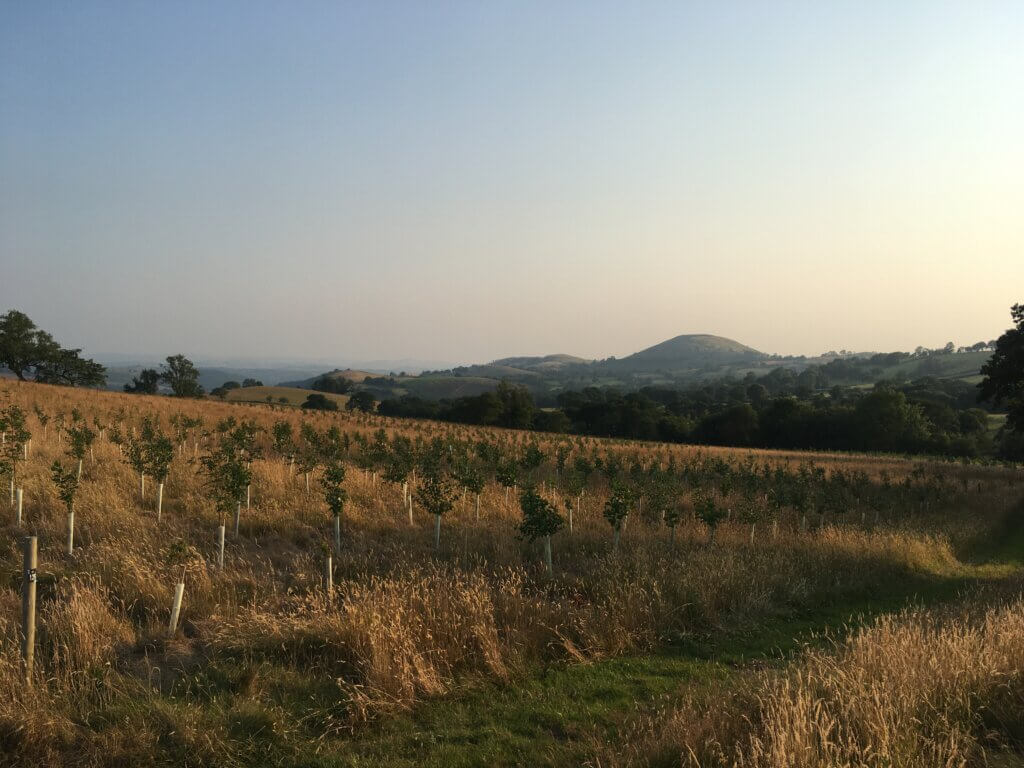
Follow the fungi: sampling soil microbiome in the heart of Wales
Lab technician Laura Gobelius visited the largest existing soil fungi inoculation experiment site to date. Three days in the field filled with environmental and technical challenges – and the fun of collaborating with scientists all over the world.
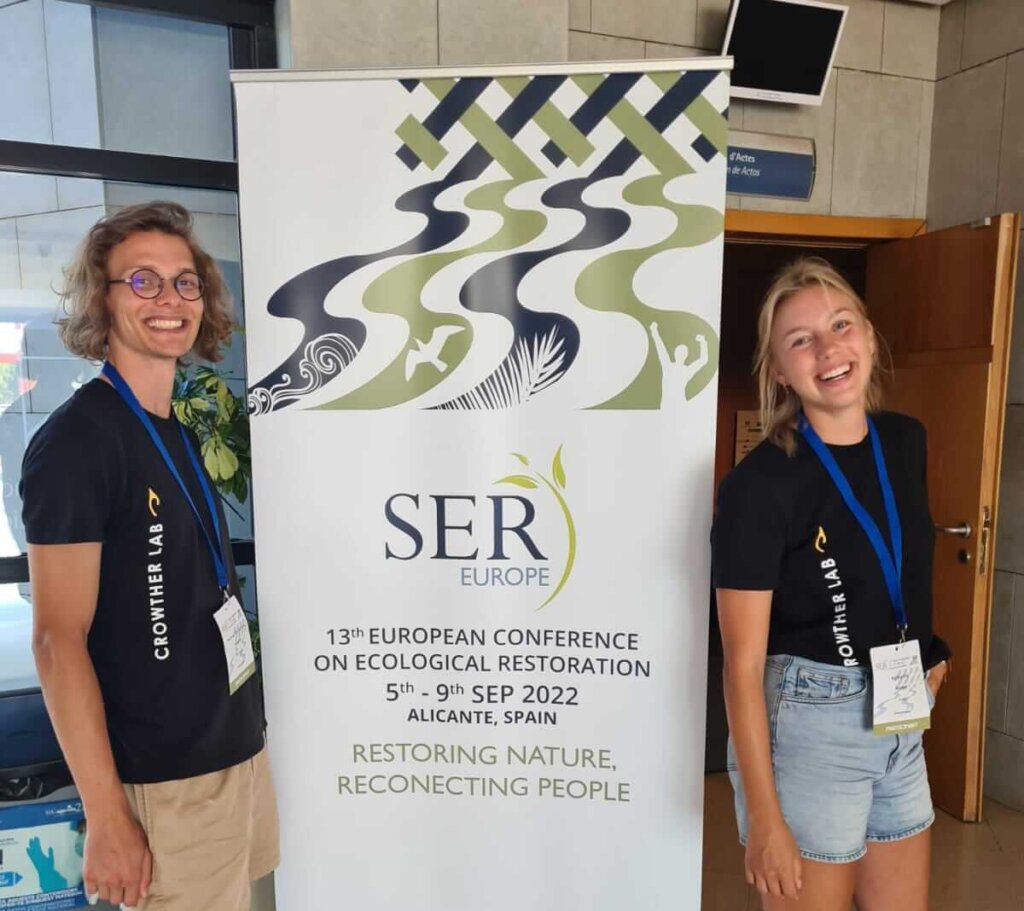
10 things we learned from SERE 2022: the insightful, the surprising and the inspiring
Assistant Scientists Kathi Runge & Camille Fournier de Laurière recently participated in the 13th European Conference on Ecological Restoration (SERE 2022). Here’s their top 10 takeaways!
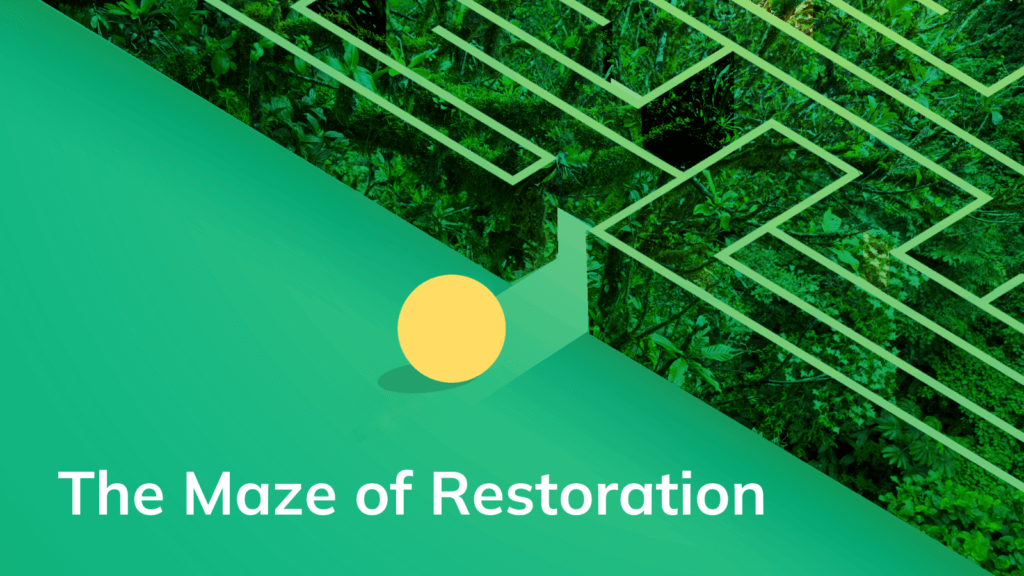
How to measure an ecosystem’s resilience?
Time is critical to understanding resilience. We think nature changes slowly; it doesn’t always. If you take a walk in a forest, you observe many details of that landscape: it might feature a wide v...
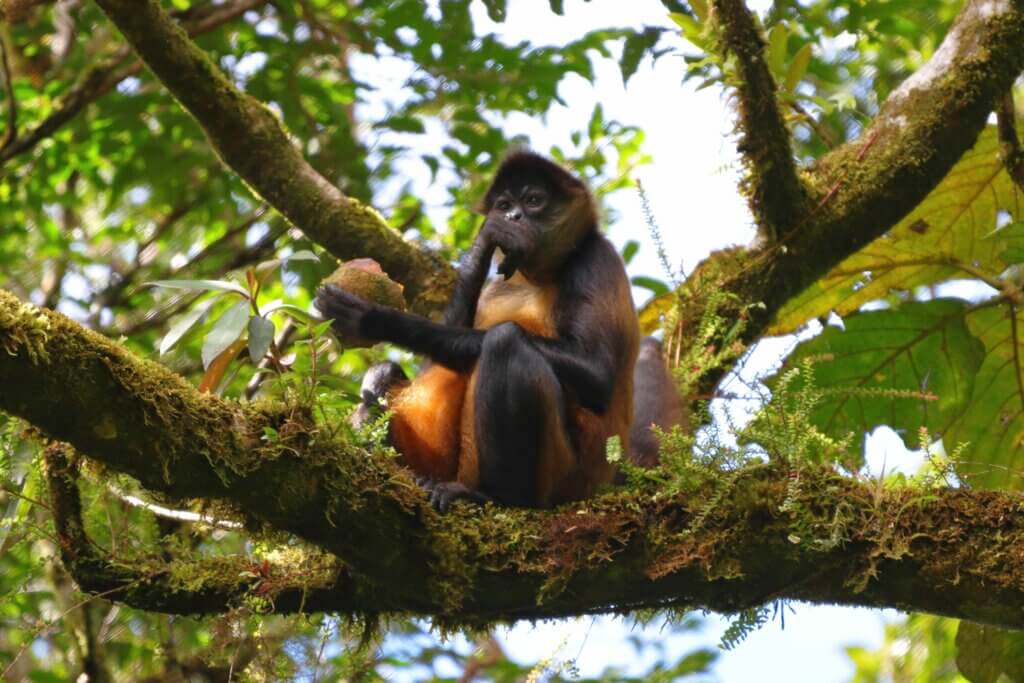
How animals plant trees
New research shows that tropical forests rely on animals to grow Picture a forest. For starters, you might think of trees. Now think of what else lives in and among those trees, from underground micro...
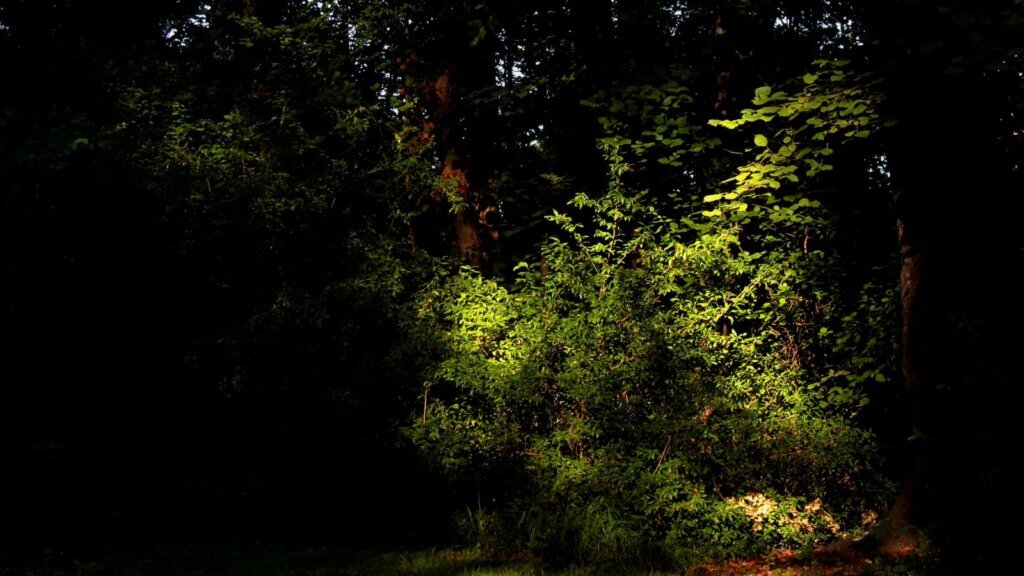
Competition: an unavoidable aspect of life on Earth
In every ecosystem, there’s at least something that is very limited – sunlight, water, nutrients, or space. How species compete for limited resources is fundamental to how ecosystems function. The...
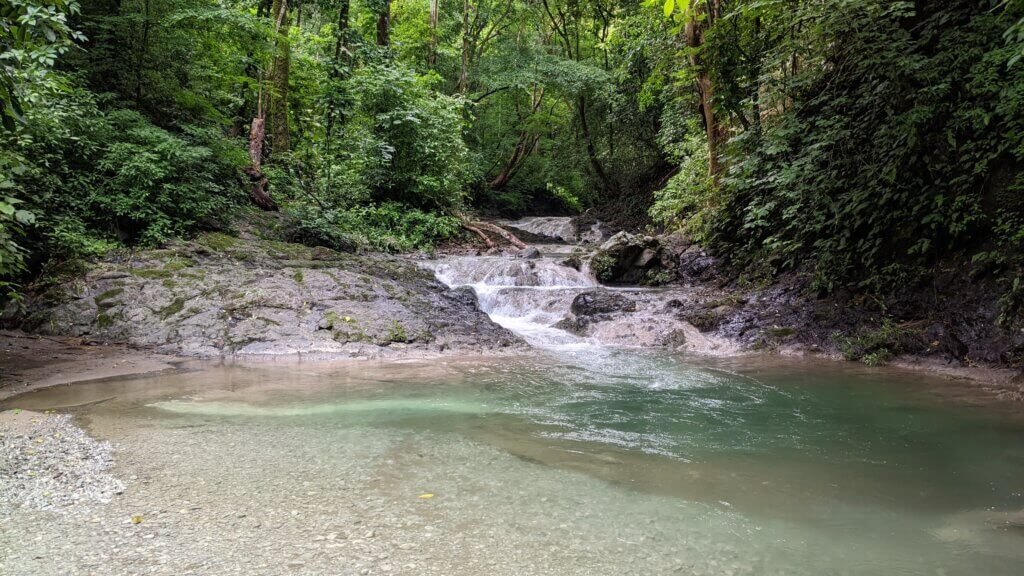
Costa Rica working with Crowther Lab on ground-breaking eco-transparency program
Enhancing transparency using ecosystem science We’re working to monitor and support Costa Rica’s payments for ecosystem services program. This will bring transparency to the country’s ground-bre...
